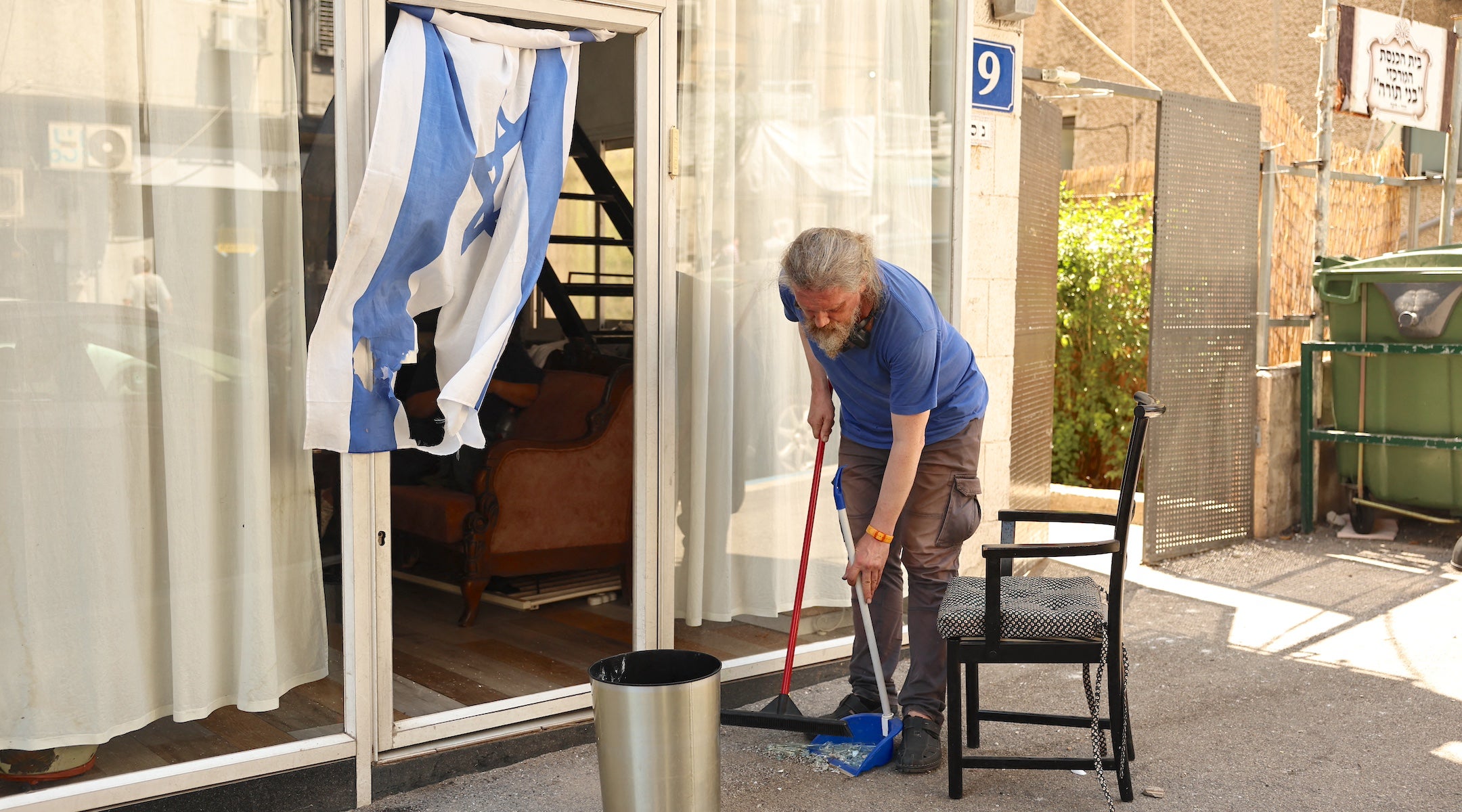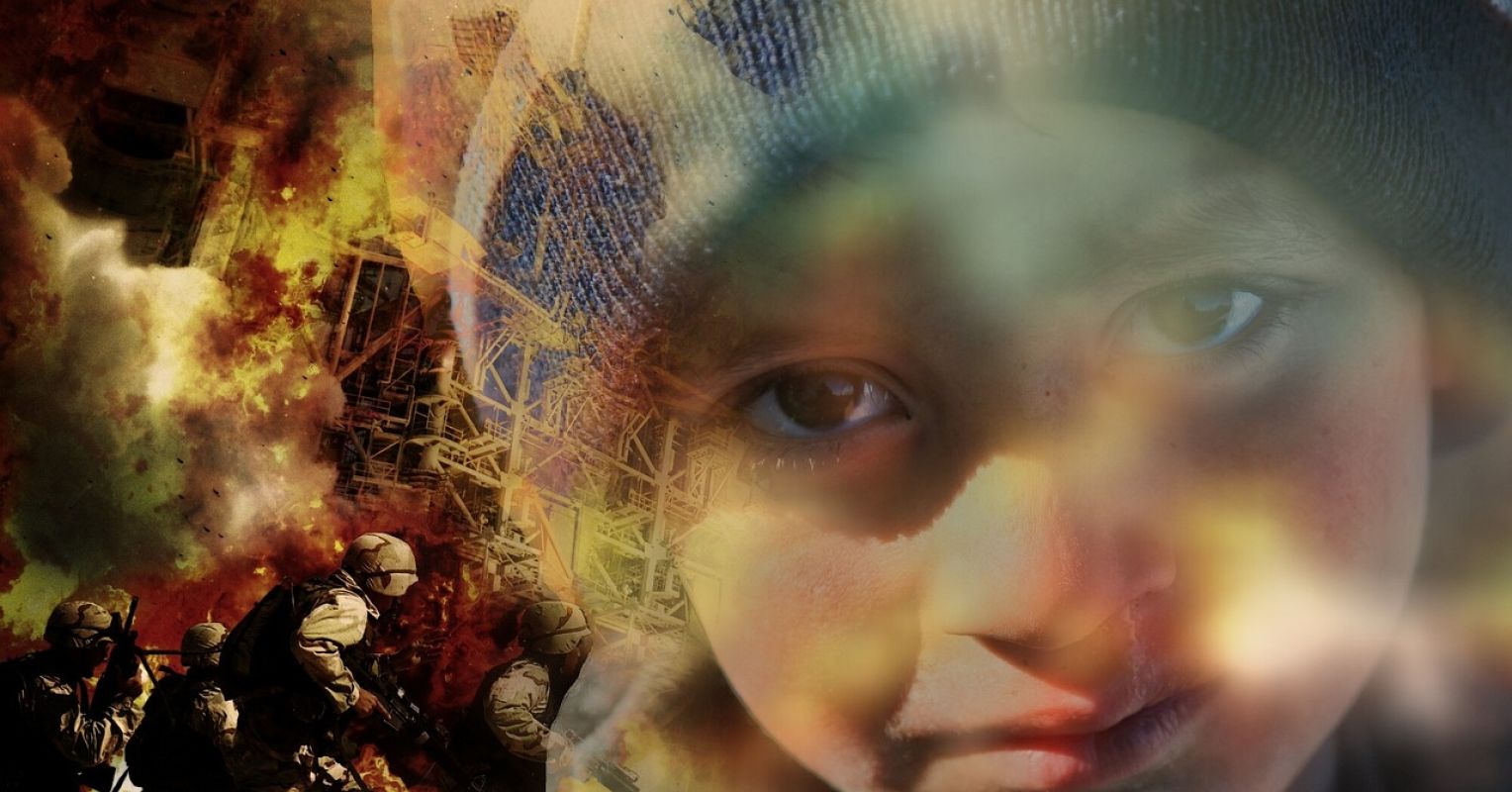fromFast Company
4 days ago3 ways to build psychological safety now so it's there when you need it most
While uncertainty hung heavy in the air, our small team was unusually open with each other. We talked candidly about the challenges, the personal toll, and what it might all mean for the business. Without setting out to do so, we had built a foundation of psychological safety-one that made navigating a global crisis far less stressful than it might have been otherwise.
Psychology















